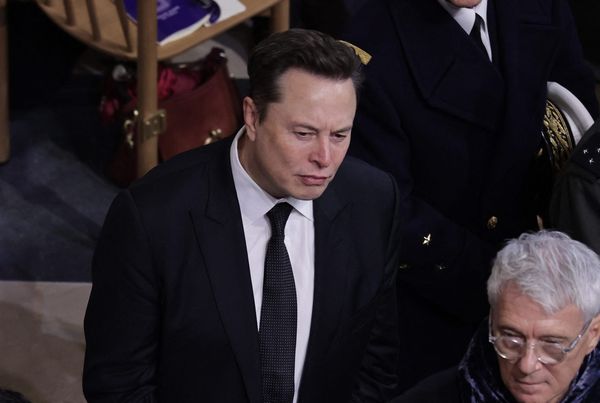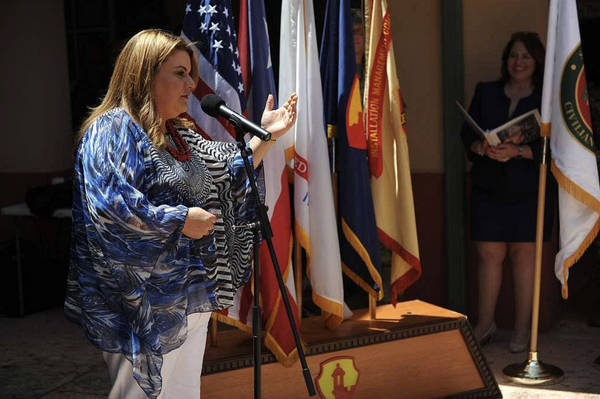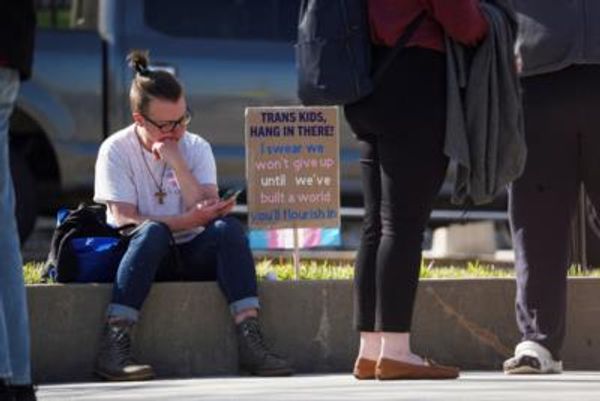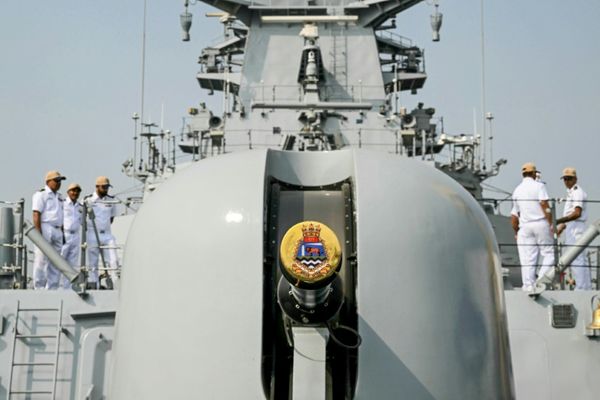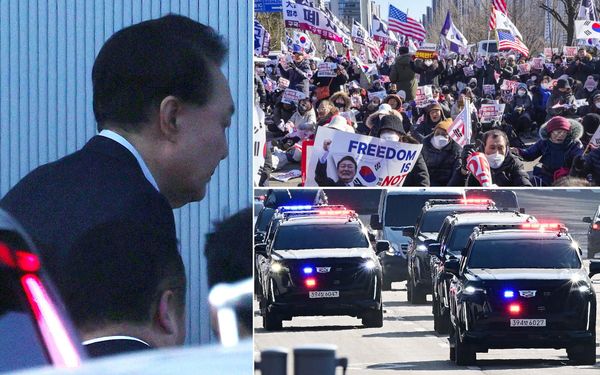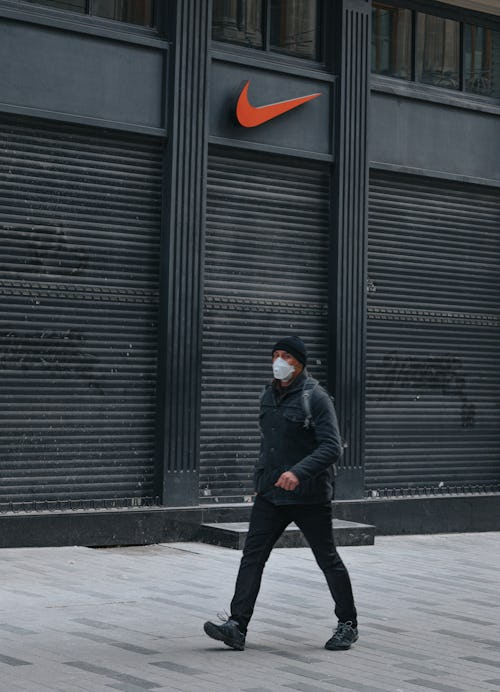
Nike has temporarily closed the stores it owns and operates in Russia, joining a growing number of brands suspending businesses in the country following Putin’s invasion of Ukraine. According to The Wall Street Journal, Nike will continue to pay employees their salary despite the closure.
“We are deeply troubled by the devastating crisis in Ukraine and our thoughts are with all those impacted, including our employees, partners and their families in the region,” the company told WSJ. The Nike Foundation plans to donate $1 million to Unicef and the International Rescue Committee in support of humanitarian relief efforts in Ukraine, Nike added.
Closing up shop —
Earlier this week, the brand suspended online sales, writing on its Russian-language website that it “cannot currently guarantee delivery of goods to customers in Russia.” Instead, customers were directed to shop at one of the (now closed) 116 brick-and-mortar stores in the country. With FedEx, UPS, DHL, and other international delivery companies temporarily suspending shipments to both Russia and Ukraine, deliveries in the area have nearly ceased, if not already.
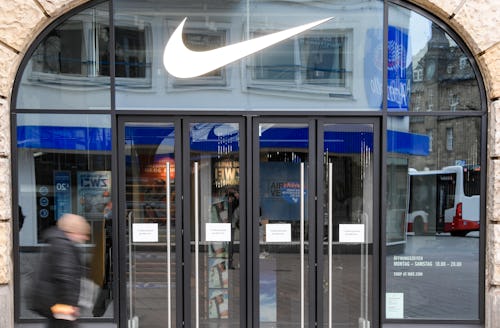
A number of brands have joined Nike in pausing business within Russia, further impacting retail within the country: Adidas, Disney, Puma, and Netflix have all suspended services to censure Russia, with credit card companies Visa and Mastercard following suit. Apple has also paused sales in the country, stating it was “deeply concerned” about Russia’s invasion of Ukraine and that it stands with those “suffering as a result of the violence.” Apple Pay and other services such as Apple Maps have been limited in the country as a result.
A Russian retail shutdown? —
As the crisis in Ukraine escalates, additional companies will continue to limit services to Russia — and while there’s power in numbers, it’s unclear how, or if, the sanctions will sway Putin. So far, the suspended business has primarily affected Russian citizens, some of whom have opposed the war to begin with.
The Fashion Law reports that amid the string of retail closures, Russian citizens have been panic-buying from luxury stores. With deliveries and imports made nearly impossible in the country, supply issues are looming — and a depreciation of Russia’s currency, now at a record low, makes the high resale value of designer goods all that more appealing. TFL notes that the luxury items may retain or even increase their value in light of economic turmoil — which may hit sooner rather than later as stores continue to close.
